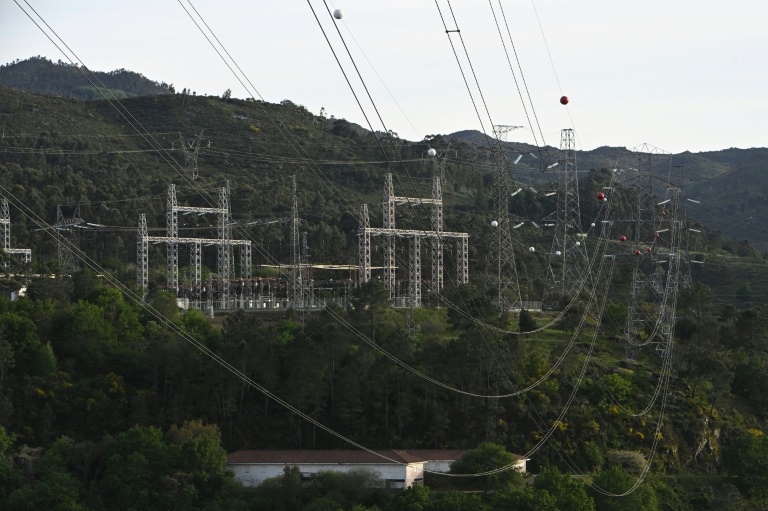This week’s large-scale blackout on the Iberian peninsula raised concerns across Europe, but Luxembourg’s grid operator Creos says the Grand Duchy is better protected — though not entirely immune.
“If something like that were to happen here – which you can never completely rule out – we could expect the network to be restored relatively quickly,” said Carlo Bartocci, head of the network division at Creos.
According to Bartocci, Luxembourg has a structural advantage: “The big difference here is that we don’t balance electricity production and consumption ourselves, like most other network operators. That task, ensuring the 50 Hertz frequency remains stable, is handled for us by our colleagues in Germany.”
Luxembourg is tightly connected to the German grid, which in turn is linked to nine neighbouring countries, offering a high level of cross-border resilience. “One country can help the other,” said Bartocci.
In the event of a major outage, Luxembourg can also rely on the Vianden pumped-storage plant, which is controlled from Germany, to support the grid’s recovery.
Investigation underway into cause of outage
A European investigation is now underway to determine the exact cause of the outage in Spain and Portugal.
One possible explanation: two large photovoltaic parks went offline within seconds of each other – a plausible scenario, says Bartocci. “Renewable energy sources offer less stability to the grid than large coal or nuclear power stations.”
He added: “We’re phasing out these big plants for good environmental reasons – that’s absolutely justified – but it does mean the grid becomes more sensitive. The frequency is no longer as stable.”
This makes it essential for grid operators to have at least partial control over renewable power inputs. “When the frequency rises, the system should feed in less electricity. When it drops, and if solar panels have reserve capacity, they should feed in a bit more,” he explained.
Ideally, solar installations would be paired with a battery system that can mimic the behaviour of a traditional power plant via smart software.
Solar panels won’t save you during a blackout, unless properly configured
Many homeowners might believe that rooftop solar panels will keep their lights on in a blackout, but that’s rarely the case.
“The typical setup is that if the grid goes down, your PV system shuts off as well, even if the sun is shining,” said Bartocci.
To make a home system resilient, you need more than just solar panels. “You need to tell your electrician that you want a more robust setup, one that includes a battery and is wired in such a way that it can continue supplying your home when the grid is offline,” he advised.
Video report in Luxembourgish:
